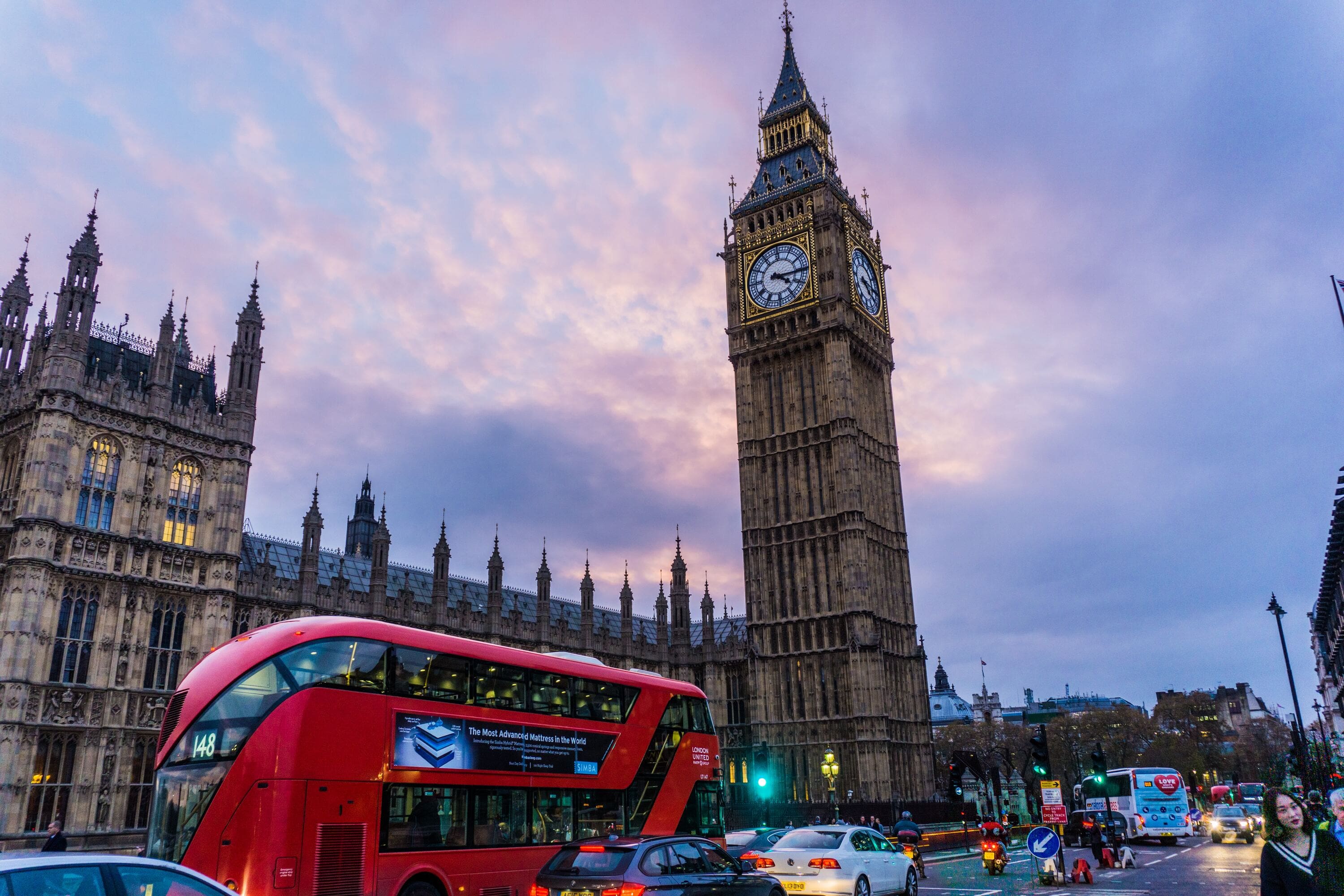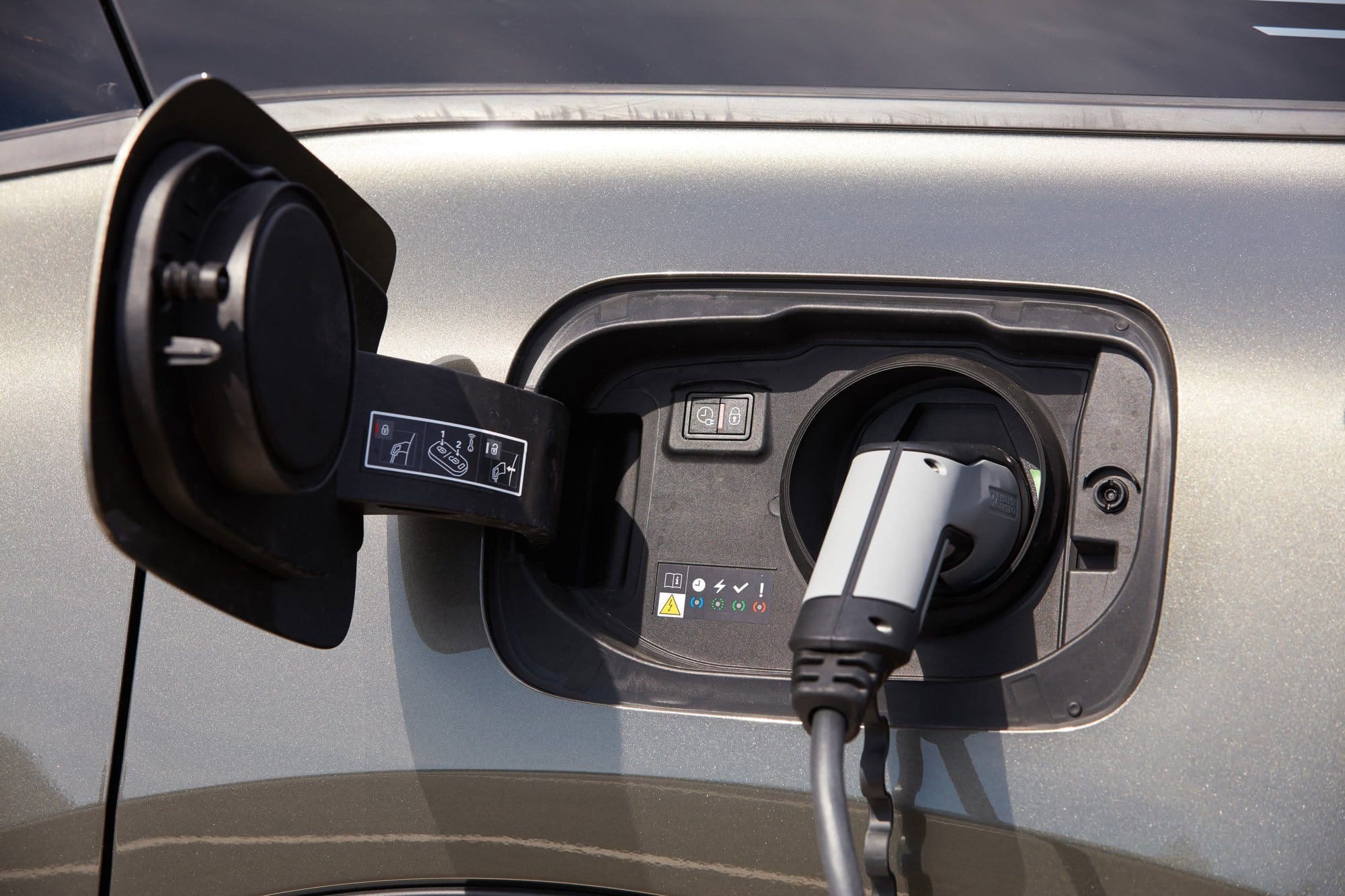The budget increase in fuel tax for petrol and diesel is disappointing, according to the AA. The extra 2-3 cent per litre* will directly affect the cost of living especially for motorists dependent on older cars.
“Hiking fuel costs (via Carbon Tax) accomplishes absolutely nothing for the environment and only serves to increase living costs for many people across Ireland who are reliant on their ordinary modest car.” Says Director of Consumer Affairs Conor Faughnan. “Many people in rural areas, for example, have no other way to get around and increasing their living costs. It moves us no closer to meeting our climate change obligations.”
*The decision to increase carbon tax by €7.50 per tonne will result in petrol prices increasing by approximately 2.17c per litre, with diesel prices increasing by approximately 2.52 per litre. The cost of filling a 60-litre tank of petrol will rise by approximately €1.30 by €1.50.
VRT
The changes to VRT and Car Tax are broadly welcomed by the AA as encouraging new car buyers to buy green, but the motoring organisation warns that it must be a principle to play fair with people who bought diesel cars in the past precisely because they were told they were the best environmental choice and were incentivised to do it.
The move to the WLTP test will result in many cars producing a higher CO2 value than they did under the NEDC test, with the Society of the Irish Motor Industry advising that under WLTP testing the reported emissions for a new car are on average 21% higher than under the NEDC test. While welcoming the move to introduce a global standard for emissions testing, the AA warned that government should not punish people who bought cars under the old system if those vehicles now find themselves in a different CO2 band.
“The old scheme understated real CO2 emissions and was no longer fit for purpose. Moving to the WLTP standard instead is welcome provided that Government is not unfair to owners who bought their cars in good faith.” Says Faughnan. “It will encourage new car buyers to go for even-cleaner vehicles and that is constructive.”










